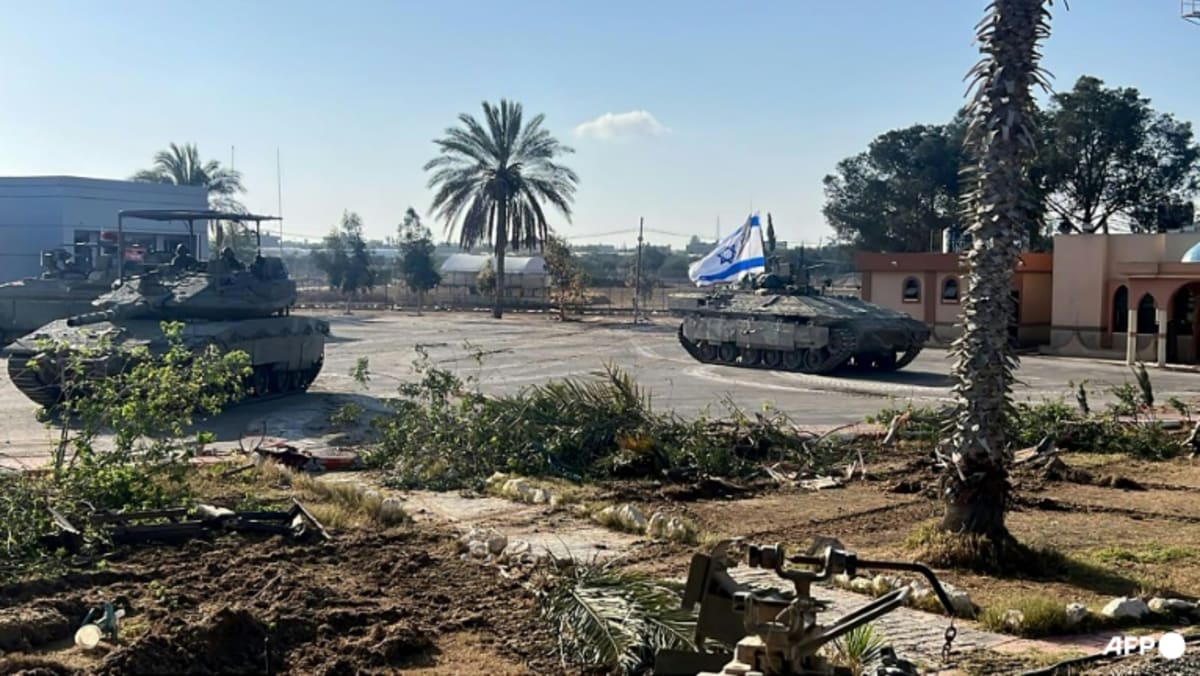The warning comes amid increasing international calls to ramp up aid into Gaza, where famine has already begun in the north, according to World Food Programme executive director Cindy McCain.
The Gaza war began with Hamas’s unprecedented October 7 attack on Israel, which resulted in the deaths of more than 1,170 people, mostly civilians.
Israel’s retaliatory offensive has killed at least 34,904 people in Gaza, mostly women and children, according to the Hamas-run territory’s health ministry.
Even before the Rafah crossing closed, De Domenico said the UN had for weeks been pushing for alternative ways to bring fuel into the territory amid alarm over Israeli threats to launch a ground assault on the southern city, where the UN says 1.4 million people are sheltering.
“THREE DAYS OF FUEL LEFT”
Israel had assured the UN it was trying to find a solution, he said, adding though that aid groups would likely access far less than the 200,000 litres a day they had been striving to bring in before operations intensified.
World Health Organization chief Tedros Adhanom Ghebreyesus said Wednesday that hospitals in southern Gaza had only “three days of fuel left”.
The head of the UN children’s agency (UNICEF), Catherine Russell, warned that if fuel is not allowed in, “the consequences will be felt almost immediately”.
“Life support services for premature babies will lose power; children and families will become dehydrated or consume dangerous water… Lost time will soon become lost lives.”
Other aid was also barely trickling in, De Domenico said.
While Israel announced on Wednesday that was reopening the Kerem Shalom crossing, he lamented that there was no way to get safely through with aid trucks.
“It’s crazy… they have tanks all over the place, they have troops on the ground, they are bombarding the area east of Rafah and they want us to go out and pick up the fuel or commodities?
“They know that we simply cannot go.”
